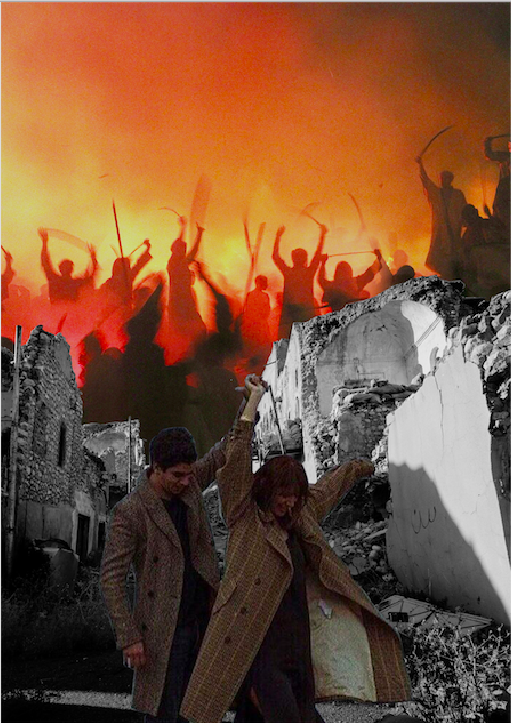When the war between Ukraine and Russia began in February of this year, as nervous spectators, the world was shaken and distraught. Improper jokes about war, specifically pertaining to “World War III”, were often seen on social media. So, when newspapers, websites, and tabloids were covered in the disastrous pictures of war-stricken Ukraine, of bombed houses and ruined landmarks, many people were in disbelief. The online world was petrified for the innocent civilians. Social media platforms such as Instagram and Twitter were an efficient way to quickly find information on the war, especially from infographic accounts that posted brief, digestible, and important bits of news. Regular people, at least those who did not live near the affected countries, knew that there was not much that they could do besides reposting on their stories and, if they could afford to, donating to charity. However, just like any other world event that seemingly dominates the news, Ukraine turned out to merely be another passing topic on our screens.
This occurrence was shocking yet somehow predictable. How could such a catastrophic crisis already be forgotten on social media? A part of the issue is what is known as “slacktivism”, a common phenomenon that occurs when users practice superficial activism, synonymous to performative activism. The breeding ground for this practice are social media platforms where it is easy for people to simply “like, “repost”, and “pray” to feel good and move on. Most of us are hypocrites as we practice slacktivism. It seems inhumane to turn a blind eye, but most people believe they cannot do much. This ignorance contributes to the decline of interest in the Russo-Ukrainian war, leading to fewer clicks and eventually fewer news stories.
-Arujan Al-Farabi


Rispondi